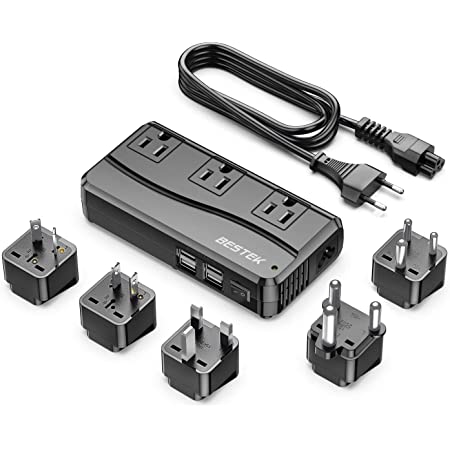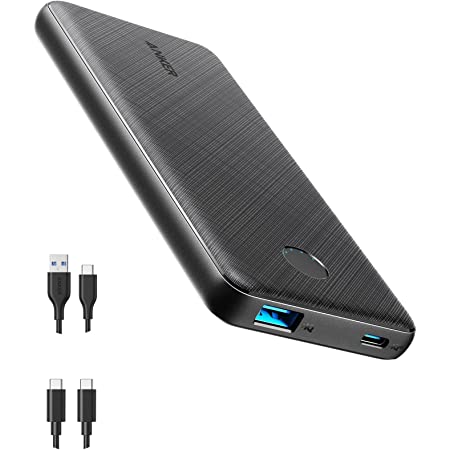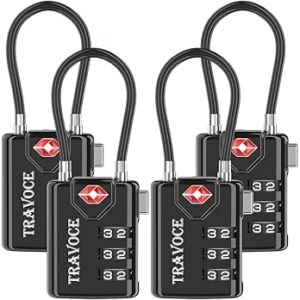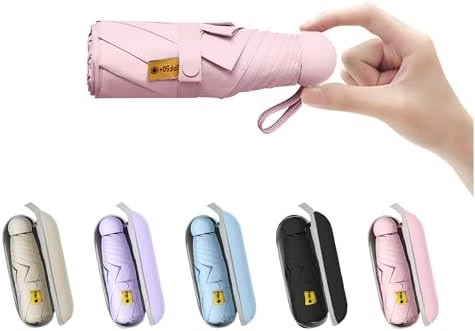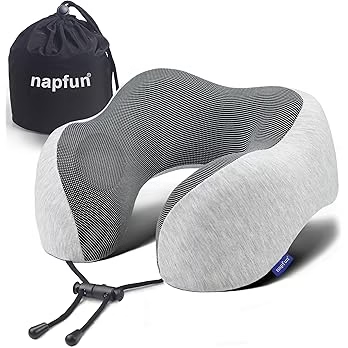Plug For Tunisia: What You Need To Know
What is the plug for Tunisia? Before you travel, check the information below to make sure your electronic devices are compatible with the outlet type and voltage.
Electrical Summary
Plug Compatibility: Type C, Type E
Voltage: 230V
Frequency: 50 Hz
Type C

Type E
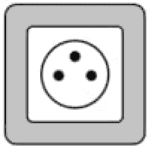
Can North Americans use Electronics in Tunisia without an Adapter?
No! North Americans will need an adapter for the outlets and a transformer for the voltage when traveling to Tunisia. North Americans device plugs will not work with the outlet types in Tunisia. Also, the voltage in Tunisia is different from North American voltages.
Can Europeans use Electronics in Tunisia without an adapter?
Yes! Europeans do not need a travel adapter or transformer when traveling to Tunisia. Most device plugs will work with the outlet types in Tunisia. Also, the voltage in Tunisia is the same as in Europe.
What Outlet does Tunisia Use?
Type C

Type C plug sockets are used in Europe, Africa and Asia. They have two round pins and no grounding pin. These plugs are typically used with devices that have a voltage of 220-240V. This outlet is rated for 2.5 amps. Plug Type E, and Type F are compatible with this socket. All other plug types will need an adapter.
Type E

Type E plug sockets are used in France, Belgium, Poland and some parts of Africa. They have two round pins and a grounding pin. These plugs are typically used with devices that have a voltage of 230V.
Recommended Products:
Should I use a VPN when traveling?
YES! Using a VPN when traveling is highly recommended to protect your online privacy and security. Public Wi-Fi networks in hotels, airports, and cafés are often unsecured, making you vulnerable to hackers and data theft. A VPN encrypts your internet connection, safeguarding sensitive information like passwords and banking details. It also allows you to bypass geo-restrictions, granting access to streaming services and websites that may be blocked in certain countries. Additionally, a VPN helps prevent government surveillance and ISP tracking. For a seamless and secure browsing experience while traveling, choose a reliable VPN with fast speeds and strong encryption.
Tunisia Travel Essentials:
Is it safe to drink water in Tunisia?
To be on the safe side, you can use common precautions such as boiling tap water for at least one minute, using water purification tablets, or drinking bottled water. It’s also important to note that ice may be made from tap water and that foods may be washed or prepared with tap water.
We recommend always packing a filtered water bottle when traveling!
Travel Essentials
Be sure to check our list of travel essentials before your trip!
Should I get travel insurance when traveling to Tunisia?
It is generally recommended to get travel insurance when traveling to a different country. Travel insurance can provide financial protection and peace of mind in case of unexpected events, such as medical emergencies, trip cancellations, lost or stolen baggage, or other travel-related mishaps.
Travel insurance can cover various expenses related to your trip, such as medical expenses, emergency medical transportation, trip cancellation or interruption, lost or stolen baggage or personal belongings, and other travel-related expenses.
Before purchasing travel insurance, it’s important to carefully review the policy details, including the coverage limits, exclusions, and any applicable deductibles or copays. You should also make sure that the policy covers any activities or destinations that you plan to participate in or visit during your trip. Click here to price for Travel Insurance for Tunisia
Travel Summary
The capital city, Tunis, is home to several historic landmarks, including the ancient ruins of Carthage, the Bardo Museum, and the Medina of Tunis, a UNESCO World Heritage Site. The medina is a bustling marketplace filled with vendors selling everything from traditional clothing to local handicrafts.
The country is also famous for its beautiful beaches, such as those found in the resort towns of Hammamet, Sousse, and Djerba. These beach destinations offer a range of water sports and activities, as well as a vibrant nightlife scene.
Tunisia is also home to several stunning natural landscapes, including the Sahara Desert, the Atlas Mountains, and the Chott el Djerid salt flats. Visitors can explore these unique landscapes by camel rides or 4×4 tours.
The country is also known for its delicious cuisine, with a range of traditional dishes such as couscous, brik, and tagine. Tunisian cuisine is a blend of Mediterranean, African, and Arabic influences and is often made with fresh, locally sourced ingredients.
Overall, Tunisia is a wonderful destination for travelers looking for a blend of history, culture, and natural beauty. Visitors can explore its ancient ruins, enjoy its beautiful beaches, discover its stunning landscapes, sample its delicious cuisine, and experience its unique blend of ancient and modern cultures. It is a must-visit destination for anyone interested in North African culture and history.
Traveling to another country? Check out our Countries page for more info on countries like Morocco, Algeria, Libya, Turkiye, Egypt, Syria, Lebanon, Malta
